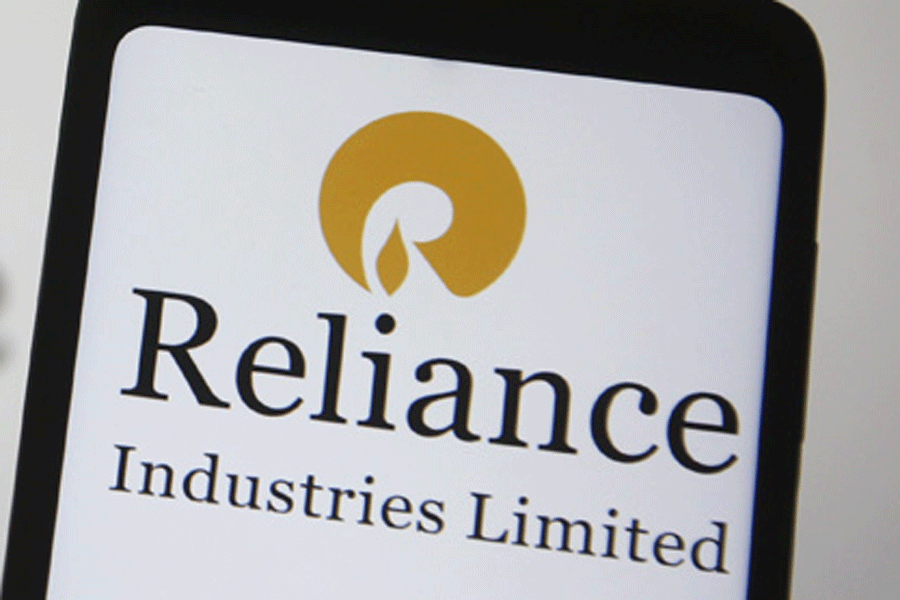Global supermajor BP Plc's exclusivity with Reliance Industries Ltd has ended but the energy giant will continue to pursue oil and gas as well as mobility ventures in India with the Mukesh Ambani firm owing to an unwritten strategic partnership, BP's outgoing India head Sashi Mukundan said.
BP in 2011 spent USD 7.2 billion to acquire 30 per cent interest in 23 oil and gas blocks of Reliance. Eastern offshore KG-D6 block was the cornerstone of the deal that also provided for a 10-year exclusivity period which meant that BP would take up energy projects or investments in India only in partnership with Reliance.
The firm has so far invested more than USD 12 billion across the energy value chain including bringing on stream three new deepwater natural gas projects in KG-D6 that account for one-third of India's gas production.
"We started working with Reliance as early as 2005 when first (the then BP CEO) Lord John Browne visited India," Mukundan said.
It finally fructified in the 2011 deal. "13 years since we did the upstream deal, not once have we gone back and looked at the contract," he said, adding the partnership with Reliance is not a contract based but one based on "trust and relationship".
"So anytime we have any issues between the two partners, we just sit face to face. I just have to make a call or (send a) WhatsApp (message) and say I want to come and see you. And you know, between him (Mukesh Ambani, Chairman and Managing Director of Reliance Industries Ltd) and Mr (PMS) Prasad (Executive Director at Reliance), we resolve everything," he said.
Mukundan said the original deal for stake in upstream oil and gas exploration and production assets has grown into the retail partnership and EVs and continues to grow.
"In the (2011) contract, the exclusivity was for 10 years. That expired. But there is an unwritten... I wouldn't call it agreement, but it's an unwritten feeling that, basically, we are their strategic partner, and they are our strategic partner. And I think both companies have actually stuck to it," he said. "Anytime we get approached, we say no. Anytime they get approached, they say no." BP-Reliance "are exclusive more from a relationship standpoint", he said.
For Ambani, BP is its strategic partner.
Asked why BP chose Reliance and not any other Indian firm like state-owned Oil and Natural Gas Corporation (ONGC), Mukundan said Reliance had a very large exploration acreage spread over 270,000 square kilometers that gave it materiality.
In the recently concluded bid round for oil and gas exploration acreage, BP-Reliance teamed up with ONGC to bid for a Gujarat offshore block.
Mukundan said BP's approach all these years has been to "work with what India is looking for".
"And through the years, have always said that the right way to do stuff is to work as partners across and share infrastructure," he said, citing the example of the US where BP is a competitor with Chevron, Shell and other global giants but work together in the Gulf of Mexico.
BP stands with the government on expanding exploration in the country so that more oil and gas can be produced and reliance on imports cut. "And with that (objective in mind), we had the conversation with ONGC, Reliance and we agreed that it would be a powerful combination to have the three of us together -- a national oil company, the largest private company and the most successful international company in India, all working together," he said.
Dwelling on BP's future plans, Mukundan said investment strategy rests on four pillars -- resilient hydrocarbon, lubricants, mobility and renewables.
While BP has been early movers in the renewable energy space, it believes India is in an energy addition phase where it will need fossil fuels to meet rising energy needs.
"So the first of the four pillars is that we will still continue to look at oil and gas," he said, adding BP-Reliance's KG-D6 block produces a third of India's natural gas. The block also produces oil.
"And we have plans to do more in that block. And we have got two other blocks next to it, which we will continue to explore. And hopefully use the same infrastructure that we have built," he said.
BP-Reliance will invest "a couple of billion dollars" in the two blocks in near term, he said.
The second pillar is customers and products where BP has Castrol, a lubricant brand present in India for 125 years. "Castrol has been predominantly a lubricant business, but now they are moving into EV fluids.
They are also getting into workshops," he said.
Then there is Jio-BP - the equal mobility joint venture of BP and Reliance.
"Jio-BP off with petrol and diesel and now we have got convenience. We are looking at both compressed biogas and CNG, and then EV charging," he said, adding the joint venture just inaugurated the 5,000th charging point.
"So if you just put it in context, all of India has 12,500 charge points. We have 5,000 of those. And these 5,000 are fast charging charge points. And the one which you just inaugurated a couple of days ago has a capacity of 480 kilovolts, which means I can take some of the top cars, like your BMW, and you can charge it in about 18 minutes," he said.
Third pillar is low carbon where BP has supported some startups in the space and also develop own solutions.
The last pillar is people. "When I first started in India, I used to call it the 3Ms - molecules, markets, and minds." BP has a business and technology centre in Pune and is starting one in Bengaluru soon.
Except for the headline, this story has not been edited by The Telegraph Online staff and has been published from a syndicated feed.











